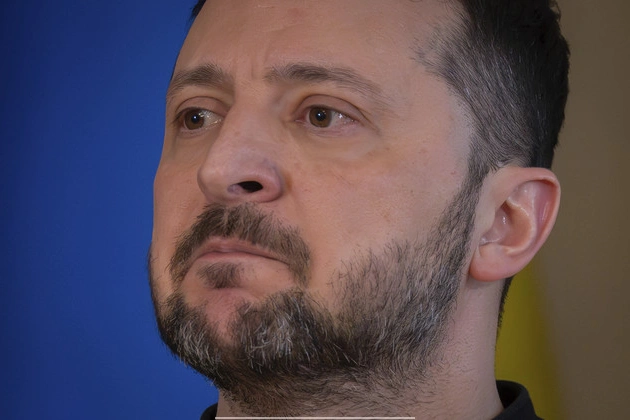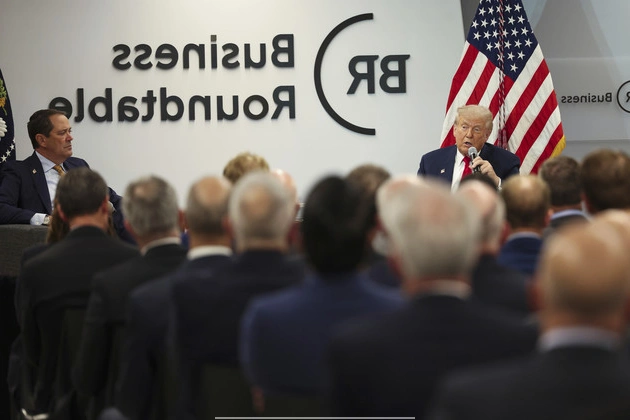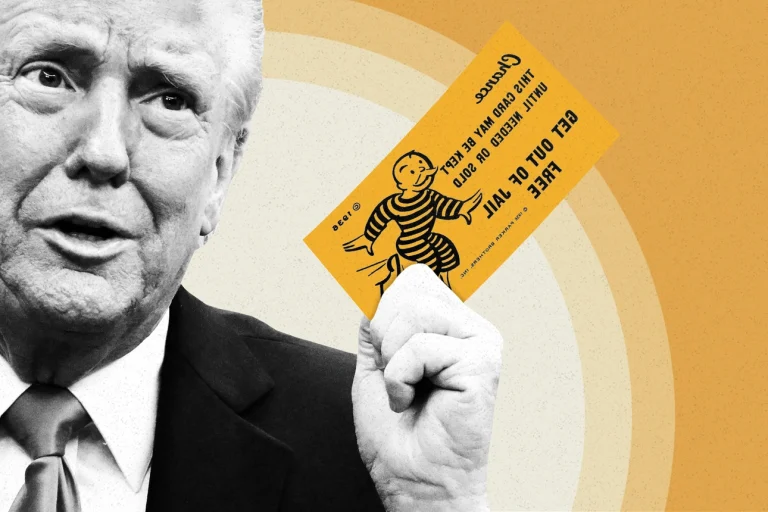
Trump’s Contemplation of Congressional Approval
President Donald Trump expressed openness to considering congressional approval for his Department of Government Efficiency’s decisions, signaling a potential shift in governance dynamics. Amidst this deliberation, Elon Musk, the department’s chief, maintained his position on the necessity of the government reforms.
DOGE’s Unprecedented Actions and Musk’s Defense
Elon Musk, sporting a black MAGA hat, joined Trump in the Oval Office for the signing of an executive order aimed at streamlining government operations by reducing the federal workforce. Musk defended these drastic measures as essential for enhancing efficiency and criticized the bureaucratic complexities that hinder progress.
Despite criticisms labeling DOGE’s actions as a ‘hostile takeover,’ Musk reiterated that the reforms were driven by a mandate for substantial government restructuring, emphasizing the democratic essence of the changes.
Balancing Congressional Oversight and Executive Authority
Concerns have arisen regarding the adherence to congressional spending laws by the Musk-led agency, raising questions about the balance of powers between the executive branch and the legislature. Vice President JD Vance’s remarks on potential executive disregard for judicial rulings further highlight the complexities of governance in this evolving landscape.
Trump’s assurance of respecting judicial decisions, coupled with his readiness to engage with Congress on matters of fraud and abuse, underscores the intricate interplay between different branches of government in the current scenario.
Transparency and Scrutiny in Government Operations
Musk, acknowledging the scrutiny surrounding DOGE’s actions, emphasized the organization’s commitment to transparency and accountability. With billions of dollars in federal contracts at stake, Musk’s proactive approach to scrutiny and oversight reflects a dedication to upholding ethical standards in government dealings.
As the government undergoes significant restructuring processes, the need for continuous evaluation and adjustment remains paramount to ensure optimal efficiency and integrity in operations.
Conclusion
The ongoing dialogue between the executive, legislative, and judicial branches, as well as external stakeholders, underscores the complexity of governance in a rapidly evolving landscape. As Trump and Musk navigate the challenges of government reform, their interactions and decisions will shape the future trajectory of administrative processes and public service delivery.















